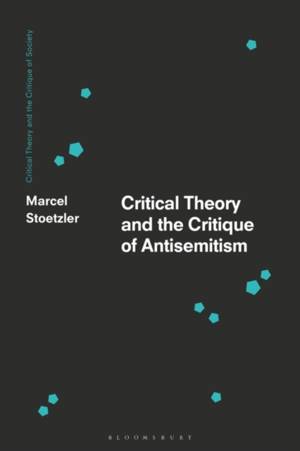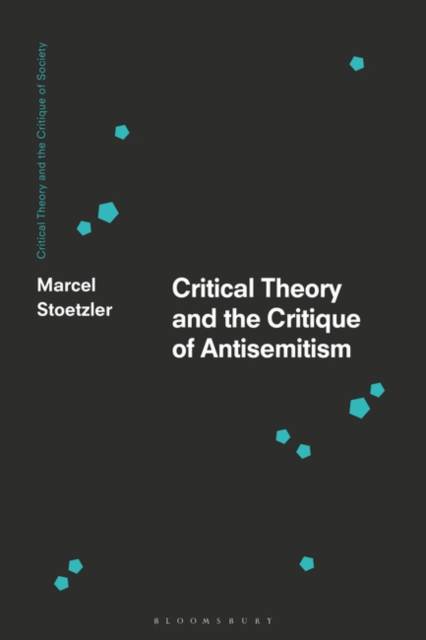
- Afhalen na 1 uur in een winkel met voorraad
- Gratis thuislevering in België vanaf € 30
- Ruim aanbod met 7 miljoen producten
- Afhalen na 1 uur in een winkel met voorraad
- Gratis thuislevering in België vanaf € 30
- Ruim aanbod met 7 miljoen producten
Zoeken
Critical Theory and the Critique of Antisemitism
€ 203,95
+ 407 punten
Omschrijving
This volume provides a systematic re-examination of the Frankfurt School's theory of antisemitism and, employing this critical theory, investigates the presence of antisemitism in 20th- and 21st-century politics and society.
Critical Theory and the Critique of Antisemitism uncovers how critical theory differs from mainstream socialist or liberal critiques of antisemitism, as it frames its rejection of antisemitism in the critique of other aspects of modern capitalist society, which traditional theories leave unchallenged or critique only in passing. Amongst others, these include issues of identity, nation, race, and sexuality. In exploring the Frankfurt School's writings on antisemitism therefore, the chapters in this book reveal connections to other pressing societal issues, such as racism more broadly, patriarchy, statism, and the societal dynamics of the ever-evolving capitalist mode of production. Putting the theory to practice, this volume brings together interdisciplinary scholars and activists who employ critical theory to scrutinise right- and left-wing manifestations of antisemitism. They develop, in their critique of antisemitism, a critique of capitalism, as the authors ask: why does modern capitalist society seem bound to produce antisemitism? And how do we challenge it? At a time when the rise of populism internationally has brought with it new strains of antisemitism, this is an essential resource that demonstrates the continuing relevance of the critical theory of the Frankfurt School for the struggle against antisemitism today.Specificaties
Betrokkenen
- Uitgeverij:
Inhoud
- Aantal bladzijden:
- 312
- Taal:
- Engels
- Reeks:
Eigenschappen
- Productcode (EAN):
- 9781350281370
- Verschijningsdatum:
- 28/12/2023
- Uitvoering:
- Hardcover
- Formaat:
- Genaaid
- Afmetingen:
- 156 mm x 234 mm
- Gewicht:
- 603 g

Alleen bij Standaard Boekhandel
+ 407 punten op je klantenkaart van Standaard Boekhandel
Beoordelingen
We publiceren alleen reviews die voldoen aan de voorwaarden voor reviews. Bekijk onze voorwaarden voor reviews.






